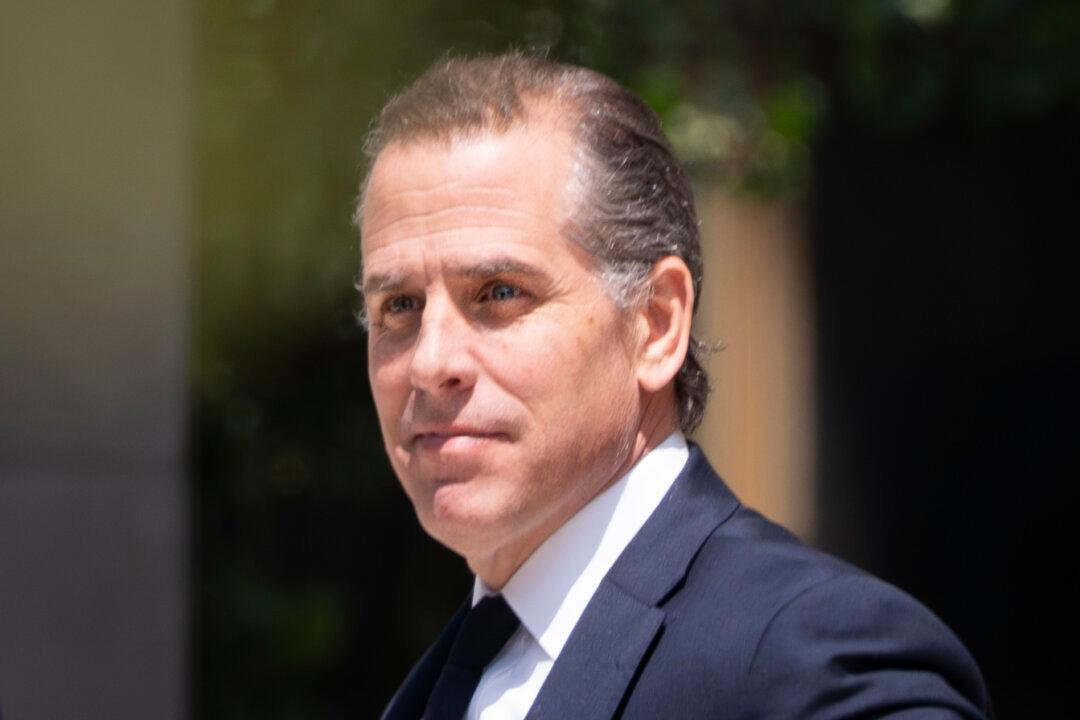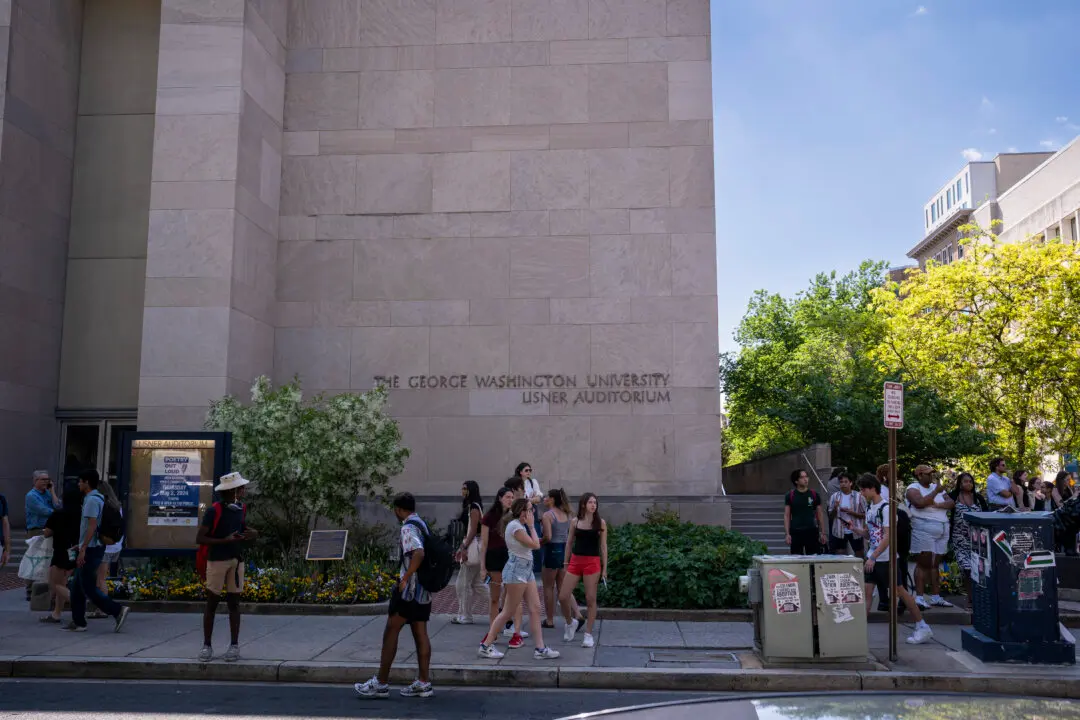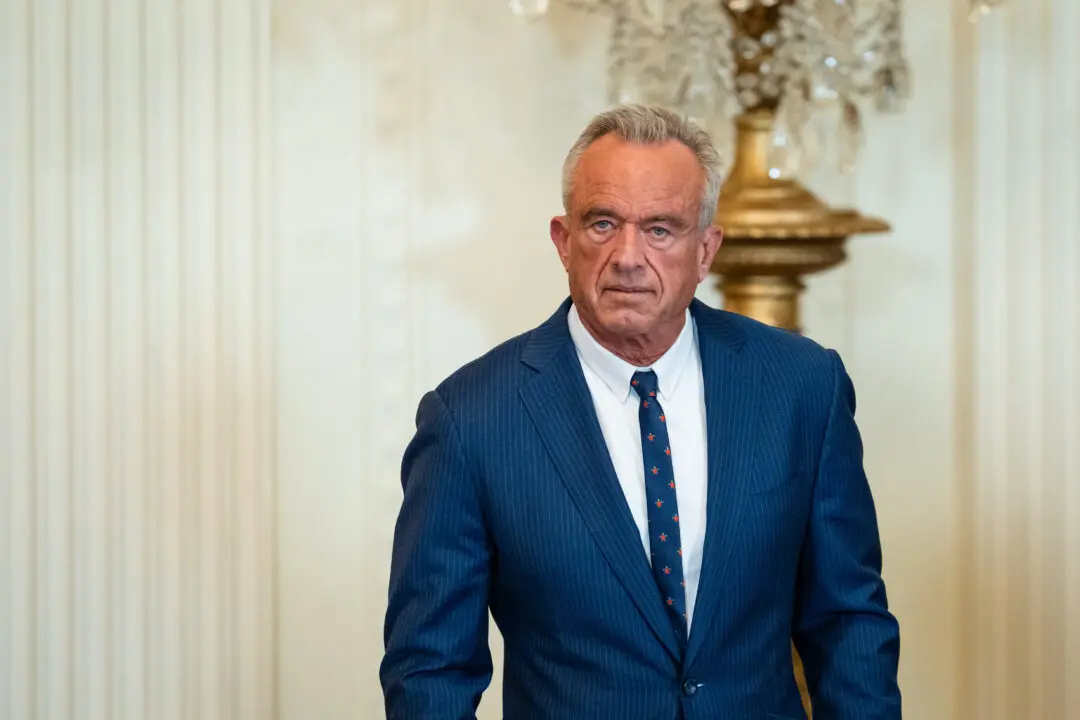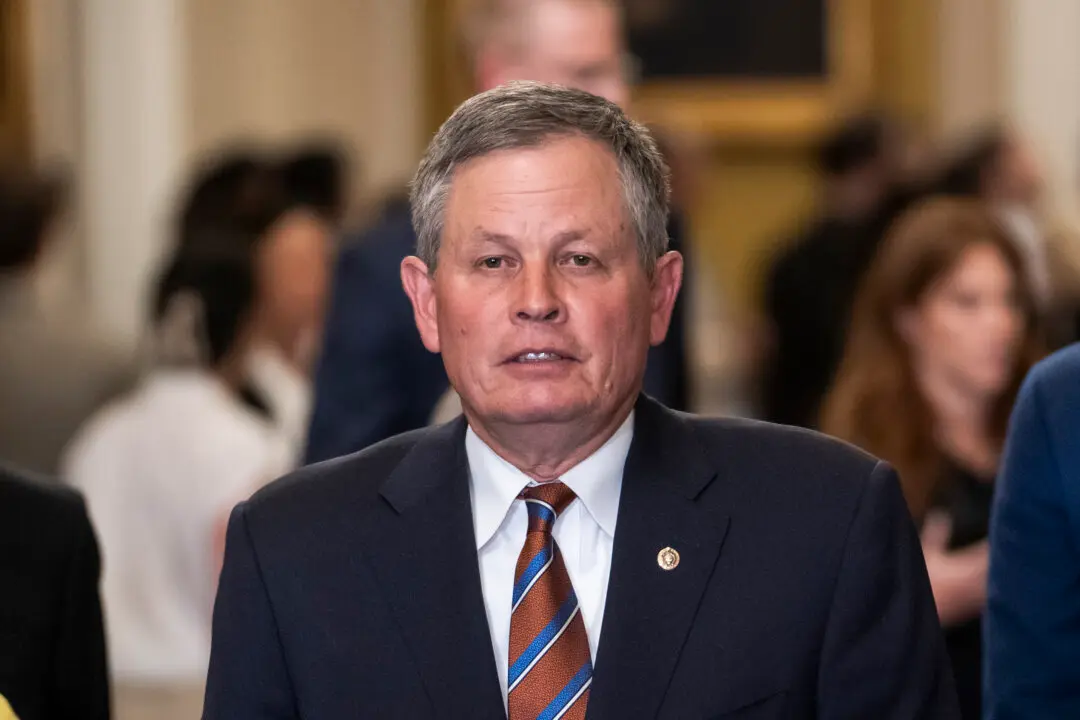The U.S. prosecutor investigating President Joe Biden’s son was not receiving assistance from other U.S. prosecutors, an IRS official told members of Congress in newly disclosed testimony.
U.S. Attorney for the District of Delaware David Weiss was feeling stymied after attempts to bring charges against Hunter Biden in two other jurisdictions didn’t work, Michael Batdorf, the IRS official, said on Sept. 12 in testimony obtained by The Epoch Times.





